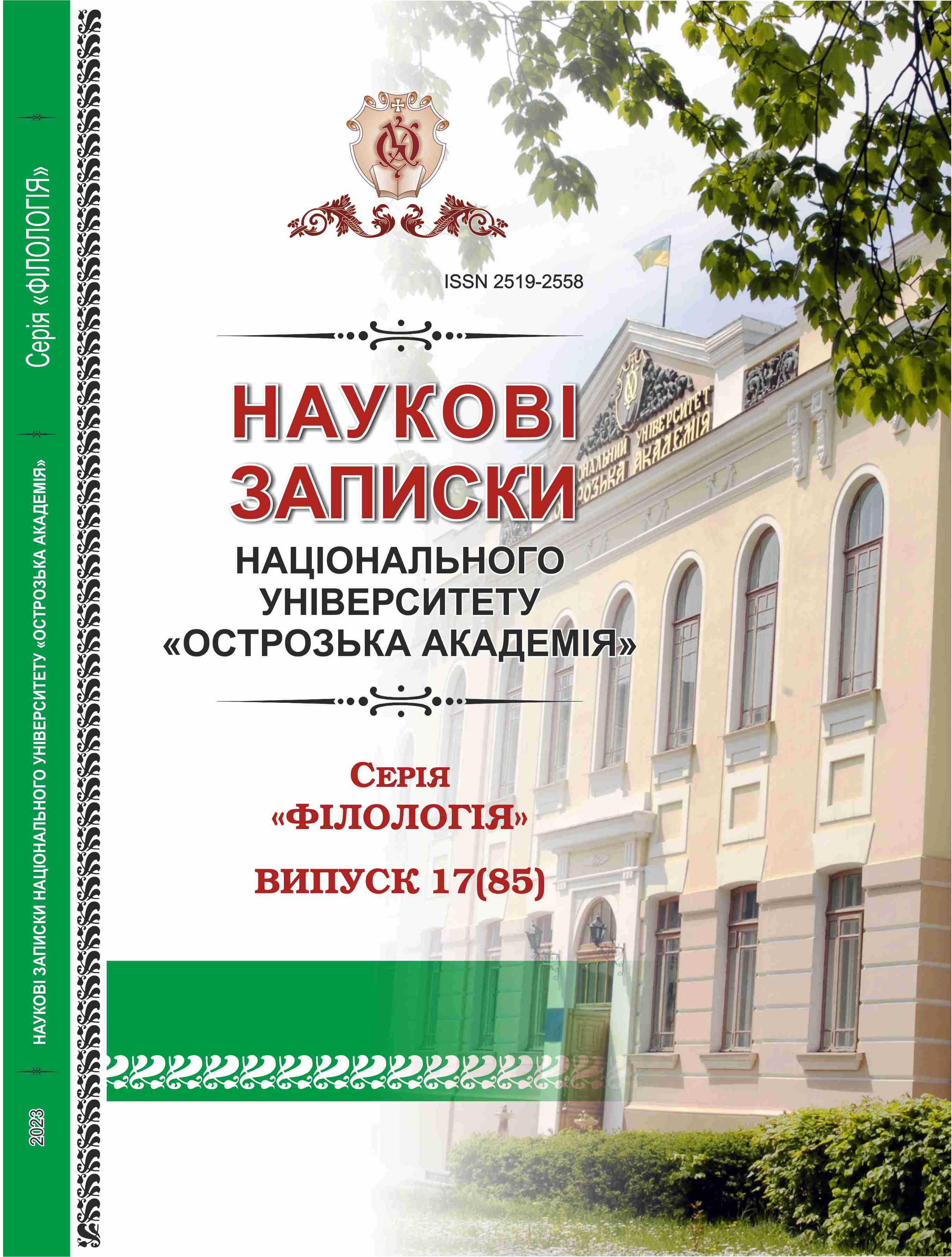DIALOGUE OF CULTURES AND ITS REALIZATION IN THE PROCESS OF TEACHING GERMAN IN UKRAINIAN HIGHER EDUCATION INSTITUTIONS
Keywords:
cross-cultural dialogue, cross-cultural competence, educational space, phraseological unit, authentic materials, interactive learning, linguistic studies, translation studiesAbstract
The article highlights general theoretical and applied aspects of the phenomenon of dialogue of cultures. The author covers the problem of conceptual identification of dialogue of cultures and cross-cultural dialogue and outlines that this phenomenon can exist in synchronic and diachronic dimensions. The author describes the characteristic features of dialogue of cultures as the interaction and influence of various historical and modern cultures. The article shows that dialogue of cultures is a complicated and multifaceted phenomenon. It emerges as philosophical concept and it functions as scientific and methodological and linguistic-methodological method in the linguistic problem field. The article emphasizes that today Ukrainian educational space is one of the platforms for cross-cultural dialogue implementation. The main vectors of the development of dialogue of cultures in German learning process are primarily related to linguistic studies and translation studies. Based on the analysis of German stable expressions, the author shows the importance of awareness of German people culture rooted in ethno-linguistic markers of phraseological units for faithful interpretation of the meaning of phraseological unit and formation of cross-cultural competence of the students. The author emphasizes the necessity to use authentic educational materials and interactive methods and forms of learning for successful implementation of dialogue of cultures as linguistic-methodological principle. The article shows the conclusion that the implementation of dialogue of cultures is the basis for the formation of cross-cultural competence of future specialists in the field of German language. The usage if this principle in the process of German language teaching enhances the students’ linguistic and cultural background and enriches them with information about the valuable priorities of the people whose language is studied and helps them master successful cross-cultural communication.

